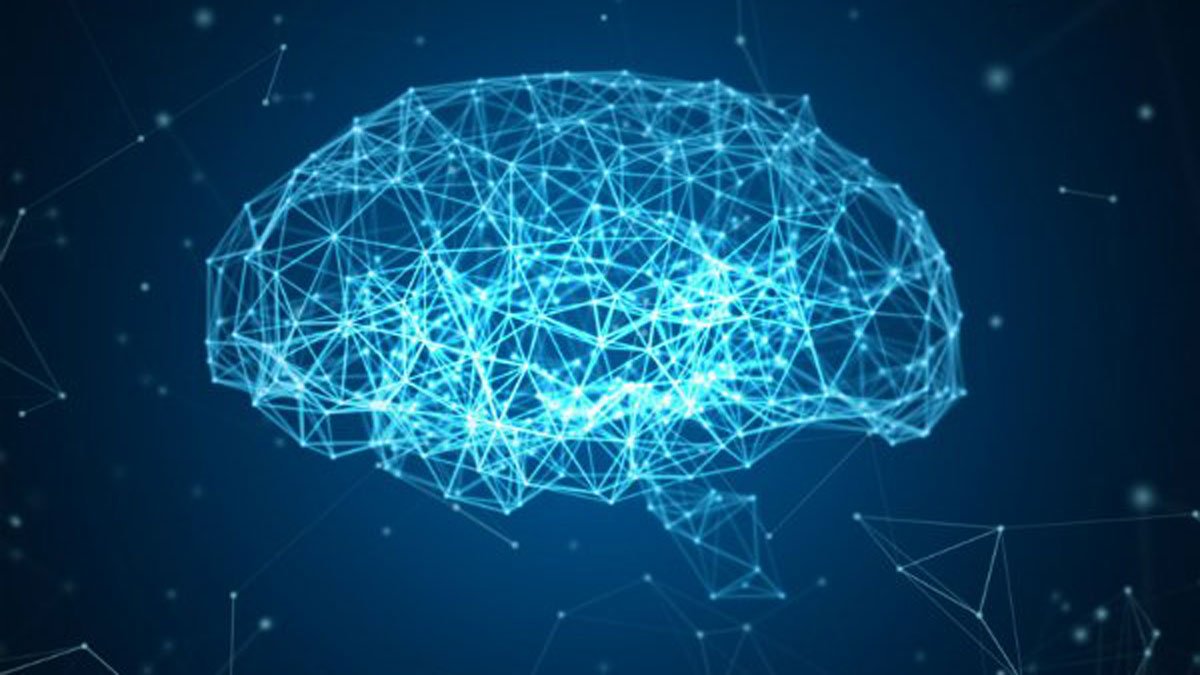Neurotransmitters in the brain can predict maths ability
Research by a team from the University of Surrey, University of Oxford and Swansea University has shown that levels of neurotransmitters in the brain can predict maths ability.

The two neurotransmitters, GABA and glutamate, have complementary roles -- GABA inhibits neurons, while glutamate makes them more active. The study also found that the relationships between the two neurotransmitters and arithmetic fluency switched as children develop into adults.
Levels of brain excitement or inhibition are thought to be related to learning, especially during critical periods. However, little is known about how they are related to complex learning that can take place over decades. To address this issue, the researchers measured the levels of GABA and glutamate in 255 people, ranging from 6-year-olds to university students. The participants also took two maths achievement tests, and their performance on the arithmetic problems was correlated with the GABA and glutamate levels
Researchers found that among young people, higher GABA levels in the left intraparietal sulcus of the brain (a fold in the top, left, back part of the brain) were associated with greater maths fluency, while the reverse was true for glutamate. In adults, the results were almost exactly the opposite; low GABA concentrations were related to greater maths fluency, and again, the reverse was true for glutamate. Participants were tested twice about 18 months apart; therefore, researchers were also able to show that neurotransmitter levels at the time of the first test could predict maths achievement at a later date.
This longitudinal study aims to help researchers better understand the relationship between learning and brain plasticity, particularly during critical periods that might span years.
Professor Roi Cohen Kadosh, who takes up his position as Head of the School of Psychology at the University of Surrey in September, said;
“Our finding of developmental switches in the link between GABA and glutamate and academic achievement highlights a general, unknown principle of plasticity. In contrast to previous studies on humans or animals that focused on narrower developmental stages, our cross-sectional-longitudinal study suggests that the link between plasticity and brain excitation and inhibition across different stages is unlikely to be immutable. These findings also have important implications for the development of brain-based interventional programs, which we hope to examine in the future.”
Media Contacts
External Communications and PR team
Phone: +44 (0)1483 684380 / 688914 / 684378
Email: mediarelations@surrey.ac.uk
Out of hours: +44 (0)7773 479911